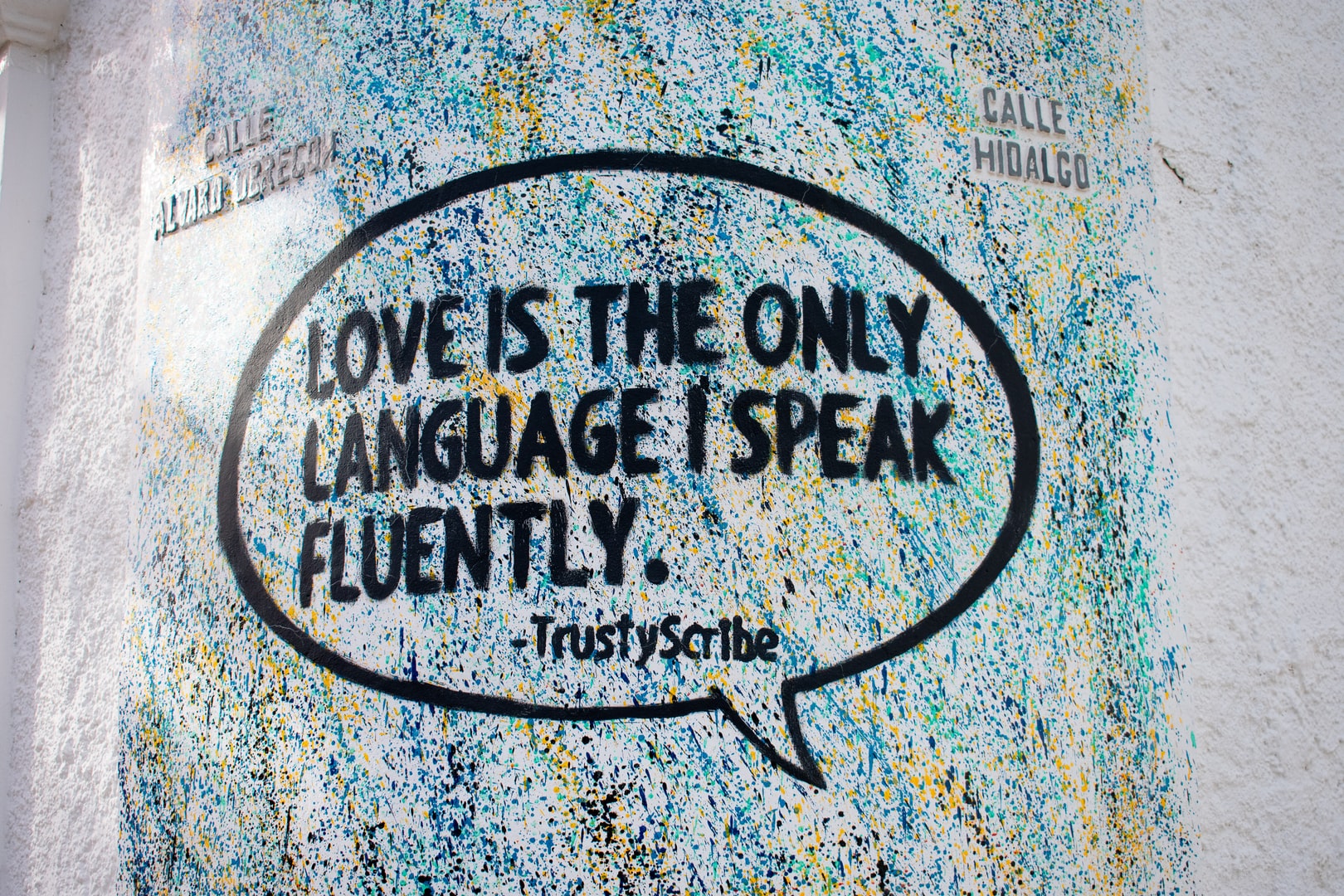Share
La vida is bella- How Language Changes the Way We See the World?
Have you ever thought about why you feel different when you speak a foreign language? Have you felt as if you were completely another person? That is because you are! Research has shown that our personality actually changes according to the language we speak; you may feel bubbly in Spanish but very formal in English.
When I tell that I am married to a Mexican, I am often asked first what language we speak. The answer is mainly English, but depending on the context, we also use Spanish. Even if I spoke fluent Spanish, I believe that English will always remain the main language in our relationship. It is a language we have used throughout our relationship; we know how to communicate different nuances of the language, and more importantly, we understand how the other persons use the language.
How language impacts the way we communicate?
Language can impact the way that we think about time, space, and even colors! Research have shown that the way of interpreting things vary depending on the language we use. Even our personality can change because the culture and environment where we are living impacts how we use a language. Even the same translation of a specific word ignites different associations in us, depending on the language in which we hear it. How amazing is that!
This is particularly strong in bilingual people who have embraced two different cultures. There is a word in Finnish ''vahingoniloinen'' which is something called a culture-specific untranslatable word. That refers to a word that cannot be translated because it is so connected to Finnish culture. It literally means feeling joy out of someone's misery, for example, when your friend falls to a pool or when you slip on a banana peel. So it is good to keep in my mind that when we speak different languages, we may use words and expressions related to our culture, but they may mean something different in other languages.
How languages impact on our emotions?
In one study, participants were shown a picture of a woman on the beach. When the same participants described this ad in Spanish, they saw a strong, beautiful, and independent woman in the picture (this is where I imagine all you gorgeous solo travelers out there!) When the same image was described in English, participants saw a blond woman sitting on the beach enjoying the day. Interestingly, participants' world views changed depending on what language they used and what experiences and values were associated with that language. So if you feel like a different person when speaking foreign languages, that is completely normal!
The language we use in our daily lives also affects our emotions. If we both used Spanish, we might interpret events and each other very differently. I feel that I can, for example, express myself and my feelings more freely in English. For example, emotions are spoken more neutrally in Finland, which makes it more difficult and somehow heavier to say “I love you” in Finnish than in English.
Also, different cultures show emotions differently. You can read more about emotions in different cultures in this blog post.
I have spent my youth surrounded by the Americans and the British, who express themselves more than the Finns. I believe that is one reason I found it easier to share my thoughts in English than in Finnish. My husband, on the other hand, turns into a social butterfly whenever he speaks Spanish. His tone of voice varies more, and he uses more colourful expressions.
When we travel the world and interact with people from various cultural backgrounds, we should keep in mind that we learn languages differently. We experience the same situations in different ways. The more we learn about other cultures, the easier it gets to understand the wonderful nuances and cues.
I can’t wait to see how my perspective changes as I look at the world from behind the Spanish speaking glasses, but I bet the emotions in one direction and the other will be expressed even stronger!
Next time when you are speaking a foreign language, pay attention to how you are expressing yourself.
If you like to improve your intercultural communication skills so that you can better understand others' points of view and avoid miscommunication, then this coaching program is perfect for you! In this program, we will teach you the best ways to overcome the most common pitfalls in intercultural communication and help you develop effective strategies for communicating with people from different backgrounds. You will learn how to identify and avoid common misconceptions about culture, and get practical tips and techniques for overcoming these obstacles.
Tanja is a Certified Intercultural Communication Coach and Positive Psychology Practitioner. With a Master's Degree in Business Administration, specializing in Leadership and People Management, she helps companies and supports expats and multicultura team leaders in comprehending cultural dimensions and leveraging existing cultural differences to create powerful organizational strengths.
About the Author
Related Articles
Company
Good to know
Stay up to date on the latest news and expand your horizons!
©2024 Numinos Ltd | Intercultural Communication Training | Finland & Mexico



